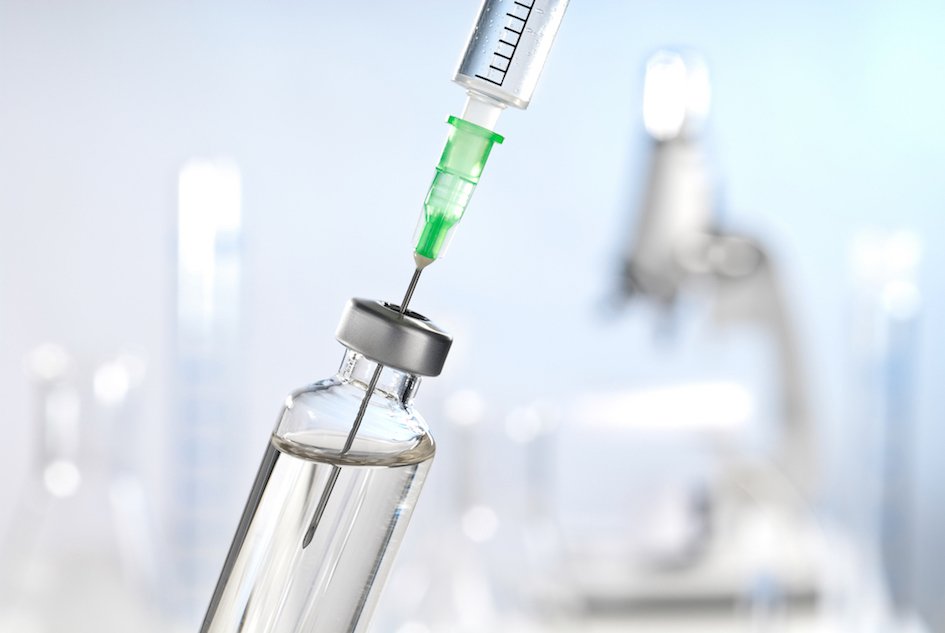
Image credit- shutterstock.com
The World Health Organization (WHO) has listed the Comirnaty COVID-19 mRNA vaccine for emergency use, making the Pfizer/BioNTech vaccine the first to receive emergency validation from WHO since the outbreak began a year ago.
The WHO’s Emergency Use Listing (EUL) opens the door for countries to expedite their own regulatory approval processes to import and administer the vaccine. It also enables UNICEF and the Pan-American Health Organization to procure the vaccine for distribution to countries in need.
“This is a very positive step towards ensuring global access to COVID-19 vaccines. But I want to emphasize the need for an even greater global effort to achieve enough vaccine supply to meet the needs of priority populations everywhere,” said Dr Mariângela Simão, WHO Assistant-Director General for Access to Medicines and Health Products.
Regulatory experts convened by WHO from around the world and WHO’s own teams reviewed the data on the Pfizer/BioNTech vaccine’s safety, efficacy and quality as part of a risk-versus-benefit analysis. The review found that the vaccine met the must-have criteria for safety and efficacy set out by WHO, and that the benefits of using the vaccine to address COVID-19 offset potential risks.
The vaccine is also under policy review. WHO’s Strategic Advisory Group of Experts on Immunization (SAGE) will convene on 5 January, 2021, to formulate vaccine specific policies and recommendations for this product’s use in populations, drawing from the SAGE population prioritization recommendations for COVID-19 vaccines in general, issued in September 2020.
The Comirnaty vaccine requires storage using an ultra-cold chain; it needs to be stored at -60°C to -90°C degrees. This requirement makes the vaccine more challenging to deploy in settings where ultra-cold chain equipment may not be available or reliably accessible. For that reason, WHO is working to support countries in assessing their delivery plans and preparing for use where possible.




